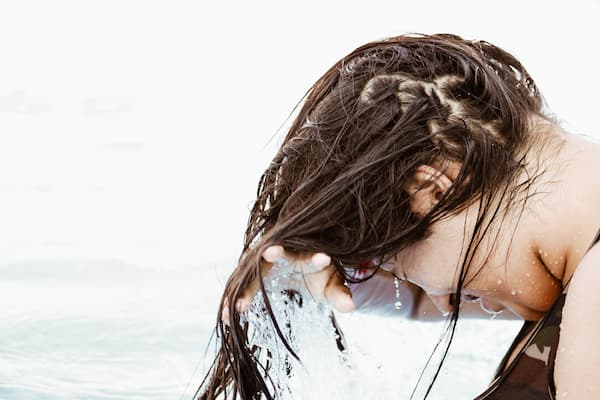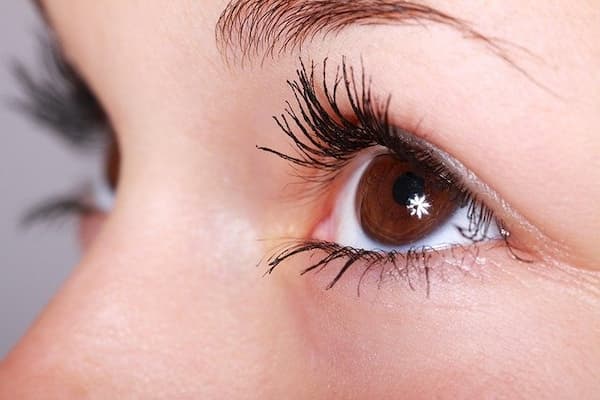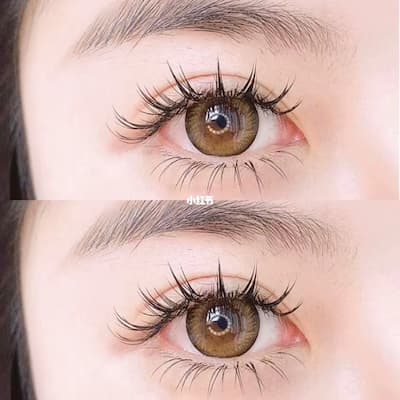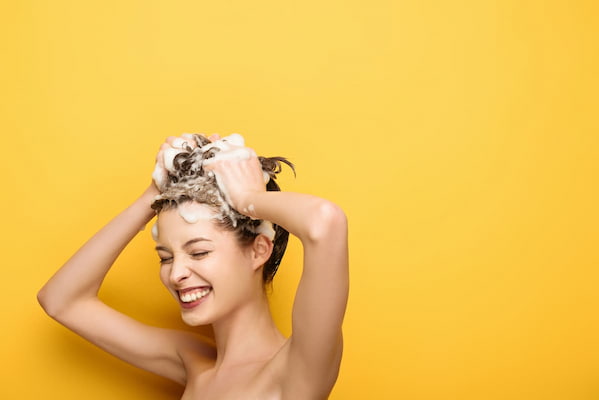Is hard water bad for your hair? The answer is yes. If you’ve ever washed your hands and then noticed a film on them, hard water is to blame. Consider what it is doing to your hair right now. The followings will illustrate how to deal with hard water.
Table of Contents
What Is Hard Water?
According to the Water Quality Association, hard water is defined as having calcium and magnesium dissolving compounds as well as occasionally metallic components. Hard water has a propensity to build up in sinks, baths, and faucets, leave mineral stains on our dishes and glassware, and even cause garments to become stiff and faded after washing in comparison to “soft” water sources like fresh rainwater and filtered bottled water. Additionally, hard water might prevent your soap from lathering, making it more difficult to clean anything from your skin to your dishes. Gross, we realize.
Recognize the Hard Water Symptoms
How can you tell whether the water in your home is hard? There are a few indicators you need to be aware of. Michael warns that indicators of hard water include rust-colored stains in the tub, an odd odor resembling rotten eggs, calcium or lime buildup on faucets, or an increase in soap scum in the tub. If you’ve seen any of these obvious symptoms, you might want to think about doing anything to rescue your strands.
What Affects Hair From Hard Water?
An exaggerated example of what hard water can do to your hair is how dry and crunchy it feels when you let it air dry after swimming in the ocean. The mineral residue, in this example salt, though at a considerably higher concentration than in typical tap water, is what gives your hair that crunchy feeling when the water evaporates.
Tap water minerals behave similarly. Devin Toth, a hairstylist, claims that hard water minerals can seep into wet hair strands and solidify as the hair dries. The crystallization leaves a deposit on your hair that keeps moisture from entering or leaving it. Drier, duller hair that is more prone to tangling and breaking results from this.
Hard water can damage hair of any type, although some hair types may be more susceptible to it than others. According to trichologist Bridgette Hill, “Hair textures that are very porous are more prone to minerals going deeper into the hair structure, making it more susceptible to hard water.” “Hair that has been colored or chemically treated falls under this group,” Toth notes that as curly hair is already more prone to dryness and frizz, it will also be affected by hard water to a little greater extent.
Read about: Can I Tan In A Tanning Bed With Wet Hair: Basic Information You Need To Know – Make Up Is My Art
Mineral accumulation over time might have a domino effect on other problems. Sulfate-free products are those that are truly color-safe because they won’t cause colored hair to fade or change. Your scalp might seem dryer, flakier, or even greasier than usual. Your hair may look flat and weighed down as a result. It may potentially irritate eczema-prone skin.
How To Avoid Damage From Hard Water
Thus, your water is hard. What’s next? You can’t control where your water comes from, I guess. It will just naturally have more minerals if you reside in a location where water is obtained from underground springs, rivers, or aquifers (see the map; the Midwest states, where the Mississippi River is a significant water source, have the nation’s greatest concentration of hard water). However, there are several things you may do to both lessen and restore harsh water damage.
Purchase A Shower Head Filter
Start with your shower head if you want to minimize damage as much as possible. A whole soft water system can be installed by homeowners, but it is pricey and impractical for those of us who live in apartments. Adams suggests installing a water filter on your shower head, such as the AquaBliss High Output Revitalizing Shower Filter, as a simple solution. Similar to a Brita for your shower, it should reduce some buildup and residue on your strands by filtering out minerals like calcium and magnesium, which are two frequent causes of dry, brittle hair.
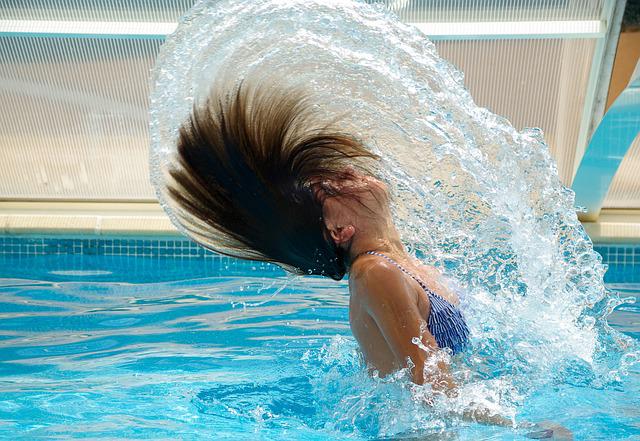
Make Use Of A Pre-shampoo Treatment
According to Hill, a pre-shampoo hair treatment can help to minimize the buildup of minerals that permeate the hair fiber by forming a barrier. Before washing your hair with shampoo, use this Kérastase scrub to assist eliminate any buildup that has already formed and to encourage a balanced scalp. It is made with charcoal, hyaluronic acid, and Abyssinia.
Utilize A Clarifying Or Chelating Shampoo
Toth advises looking for chelating shampoo if you’re using hard water. He explains, “[They] contain chelating agents that bind with metals and minerals in water to be rinsed away. It is more powerful than a typical shampoo, which can simply remove dirt and residue. Tetrasodium EDTA or EDTA complex, an efficient chelating agent, is an ingredient to look for in products that are marketed as clarifying or detoxifying and chelating shampoos. This Ouai Detox shampoo is one of our favorites because it not only removes impurities but also contains hydrolyzed keratin to soften the hair cuticles. Because chelating agents can be uncomfortable, a solution like this would be a perfect once-weekly alternative to your regular shampoo.
Use Apple Cider Vinegar To Rinse
According to Adams, “acidic substances work effectively to correct the pH imbalance [caused by hard water damage].” Since most of us keep it in our cupboards, apple cider vinegar is an excellent illustration and a common item for DIY treatments. Toth suggests using a little hazy, organic, unfiltered, and unpasteurized apple cider vinegar. If you decide to use a home treatment, prepare a spray bottle with a solution of five parts water to one part vinegar. Spray the mixture on your scalp and rub it into your ends. After five minutes, rinse.
Summary
Minerals like calcium and magnesium have accumulated in hard water. As a result, the hair develops a layer that prevents moisture from penetrating. The hair is left dry and brittle as a result. If you don’t address these problems, you can potentially start losing your hair. Fortunately, there are several actions you can do to minimize these consequences.

